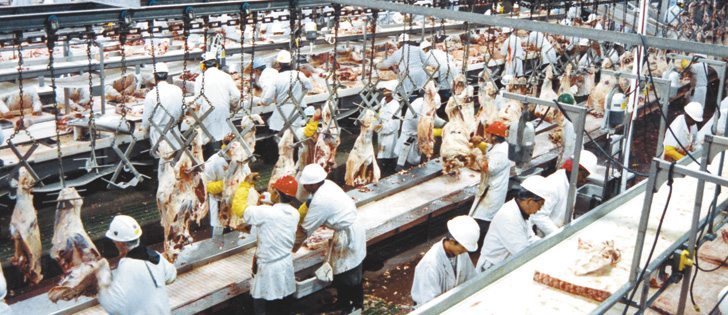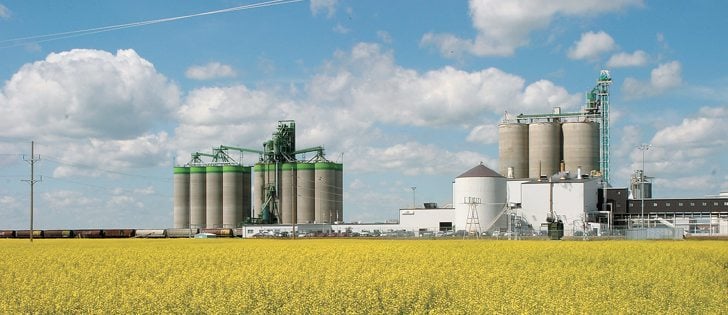The possibility that the United States could have a different animal health status than Canada might have implications for export markets, said Chenier LaSalle of Canada Beef Export Federation.
The U.S. has applied to move from controlled risk for BSE to negligible risk under World Organization for Animal Health standards.
“Until now, Canada and the U.S. have had the same status,” LaSalle told federal agriculture minister Gerry Ritz at the Canadian Cattlemen’s Association semi-annual meeting in Regina.
“It seems that there is an urgency to act before this new status might encourage some countries to treat the U.S and Canada differently.”
Read Also

Huge Black Sea flax crop to provide stiff competition
Russia and Kazakhstan harvested huge flax crops and will be providing stiff competition in China and the EU.
Down the road
Ritz said he is concerned about the application, but he noted it could take two years or longer for a change to occur.
In any time frame, it would be detrimental to have the U.S. pull ahead, he added.
“The U.S. are not against or above throwing us under the bus if it moves them forward, and good for them.”
Ritz said this highlights the need for a report card system at the international level to recognize the work being done to control disease and minimize risk rather than focus on outbreaks.
He said the Americans are pulling back from mandatory traceability and can’t compete with Canada’s surveillance system.
“As the Americans make their argument to go to the next level of risk, we can go and make the argument that it’s fine for them to say, ‘we don’t have it’ because they’re not looking,” he told producers.
“We are looking. We’re working our way out of it.”
Ritz said the people he talks with during his travels to Asia are more concerned about what Canada is doing than what it is finding.
“They do recognize the work and effort and cost that Canada and industry have put in to get beyond BSE,” he said.
















